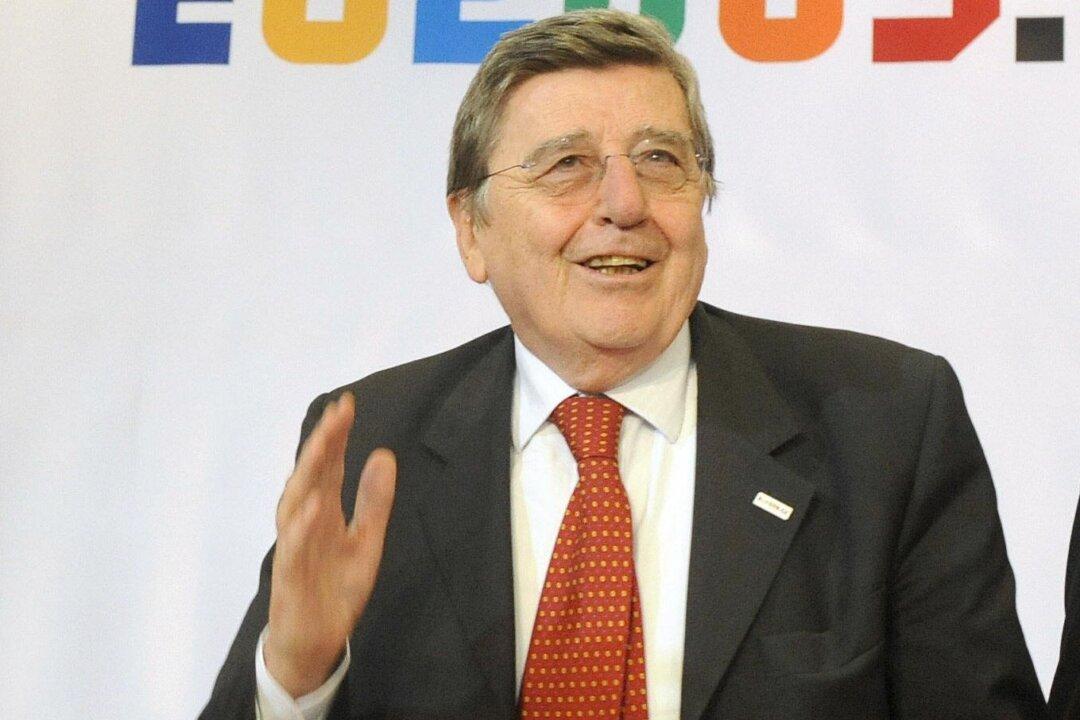Joseph Mifsud, an academic who’s been rubbing shoulders with Western intelligence and security officials, was prompted in the spring of 2016 to introduce George Papadopoulos, then a junior aide to the Trump campaign, to Mifsud’s contacts in Russia.
According to Stephan Roh, Mifsud’s lawyer, the suggestion came from Mifsud’s longtime associate and former Italian interior minister, Vincenzo Scotti, as well as Nagi Idris, a lawyer of Sudanese origin who at the time was Papadopoulos’s boss at the London Centre for International Law Practice (LCILP).





